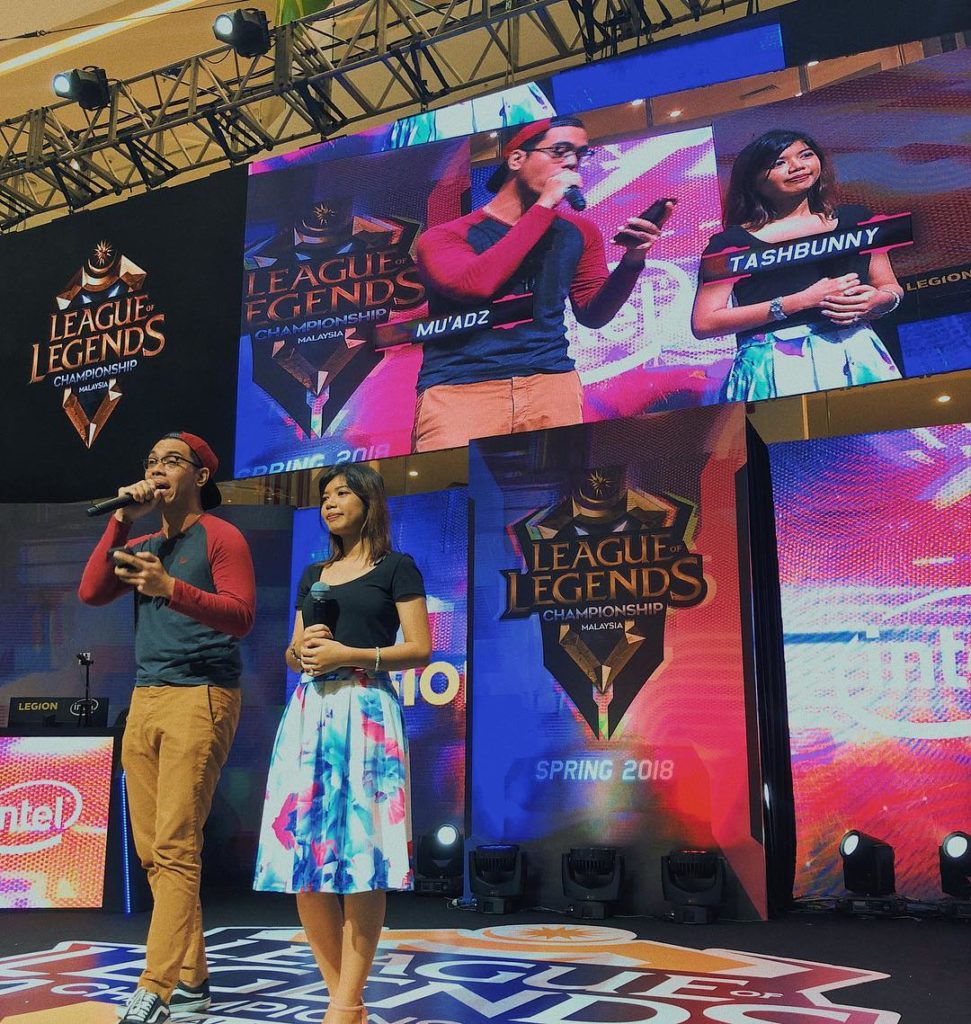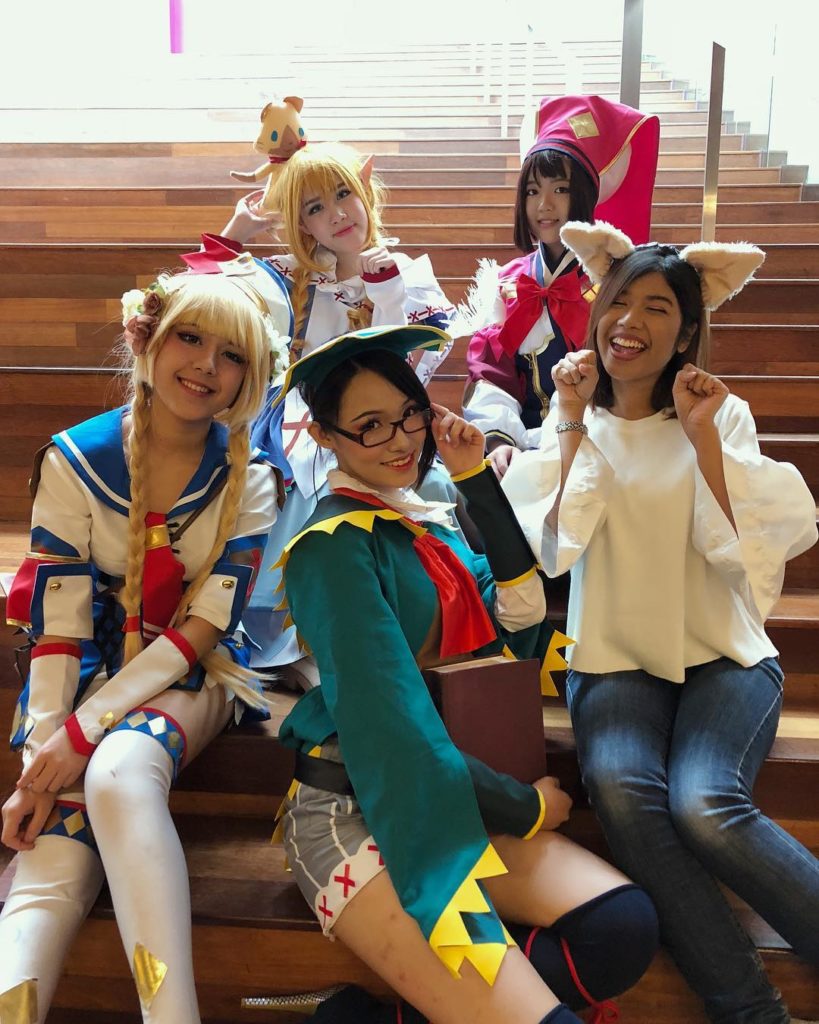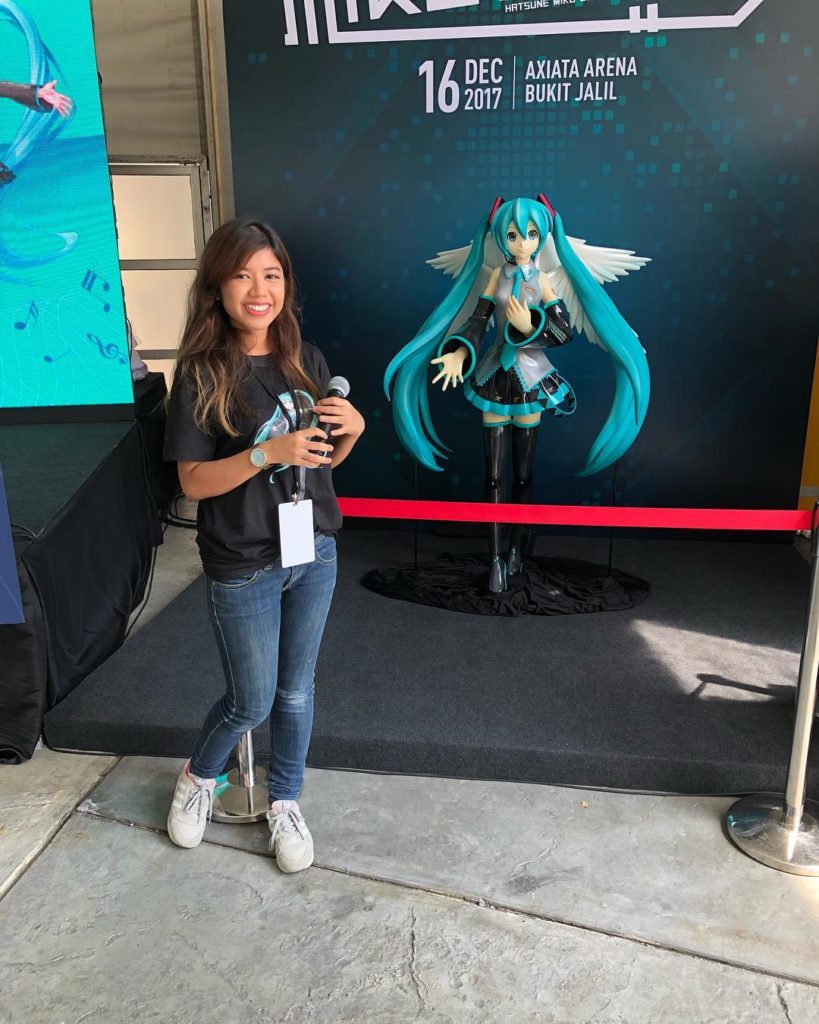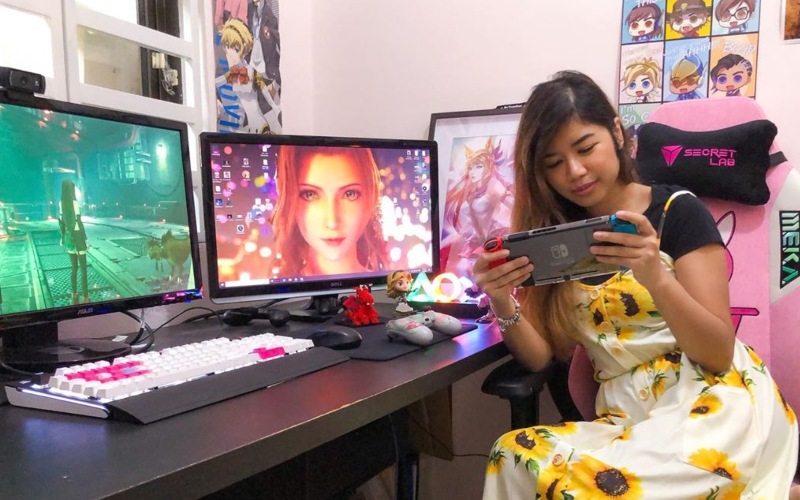Four years after her first official e-sports gig, Malaysian gamer Natasha Hidayah Hashim is still experiencing misogyny in the online gaming industry.
From being sexually objectified on her live streams to skeptics thinking that her success was purely based on luck, these are just some of the challenges the 28-year-old goes through while pursuing her gaming passion.
“People who come in the game stream can be very toxic, like they’ll say, ‘Where’s your boobs?’ Or they’ll be like ‘Hey, you’re so pretty,’” she told Coconuts KL in a recent interview.
Better known as Tashbunny in the gaming community, Natasha has been a familiar face on live streaming platform Twitch in the past three years. Fans tune into her live streams four days a week.
“When I don’t reply to those comments because I’m trying to bring the conversation to the game, they would retort by saying, ‘You’re such a slut.’”
Natasha’s love for gaming began in her early teens with Playstation game Kingdom Hearts. Today, she has evolved to become a tech content producer, an e-sports host, and a Twitch live streamer.
On Twitch, she considers her dozens of loyal viewers as “family.” It’s mostly the new viewers who give her a hard time with their misogynistic comments.
“That kind of stuff happens a lot. There’s also the stereotype that girls only play support champions,” Natasha said, referring to supporting roles in gameplay, such as the healers and shield characters.
Sexism remains prevalent in Malaysia’s gaming world with very few women competing in international arenas and tournaments. According to 2017 statistics, half of the roughly 14 million gamers in Malaysia are women.
Even as a public figure in the gaming industry, Natasha said that some people still don’t take her seriously largely due to her gender.
“There was a time where I had one friend who asked me, how did I make it up here (in my career) and I told them, honestly I feel like I got lucky,” she said.
“And then the person said, oh yeah, you’re right, it’s definitely luck. I felt like they really wanted to belittle me because I’m a girl and they think it’s easier to get views as a girl, but honestly, I disagree,” she added. “At the end of the day, you have to work for it in order to get somewhere and be someone.”

Sexism worse 20 years ago
Sexism in the gaming industry was worse 20 years ago when there were fewer women, according to Natasha.
“I think there’s less sexism now, in the gaming industry, compared to before in the 2000s, simply because there are just more girls in the gaming scene,” she said. “Back then there was a very popular insult for gamer girls, which was ‘go back to the kitchen.’ But I hardly ever hear it now.”
There is also an online group of more than a thousand female gamers set up in recent years for women to share their live streams with each other. Natasha feels that there is still room for more space for women to compete, speak their minds, share, and play videogames.

“Right now, gaming is still very much a male-dominated industry. We don’t see a lot of girls up in international arenas or tournaments,” she said.
There is also that pressure to prove that they are better than the opposite sex. Natasha highlighted 21-year-old South Korean female gamer Geguri, who was initially criticized for not being good enough. Geguri, whose real name is Kim Se-yeon, is now a professional gamer who competes with the guys on Overwatch, a multiplayer first-person shooter videogame.
“The thing is, when she first started out, there was a lot of harassment towards her. People did not believe that she was actually playing the game, she had to prove herself,” Natasha said. “The idea that a girl has to ‘prove herself’ to be good is pretty ridiculous.”
While the gaming industry may seem disproportionately tough on women, Natasha hopes that it won’t dissuade others from pursuing it as part of their career.
“Breaking into the industry can be tough especially if you are new, but I recommend that you persevere and go where your heart brings you,” she said.
“Don’t feel ashamed or scared to do it. Don’t feel pressured to quit your job and throw away everything just to pursue this. As long as you are actively sharing your work and content, you will be growing no matter what,” she added.

Other stories to check out:
Malaysian woman turns sexual trauma into strength with online ‘sisterhood,’ chatbot
Out and Proud: Fearless Malaysian defies hate with fabulous images of the LGBT community
Man opens up on struggle with religion, homosexuality, and coming out in Mecca





Reader Interactions